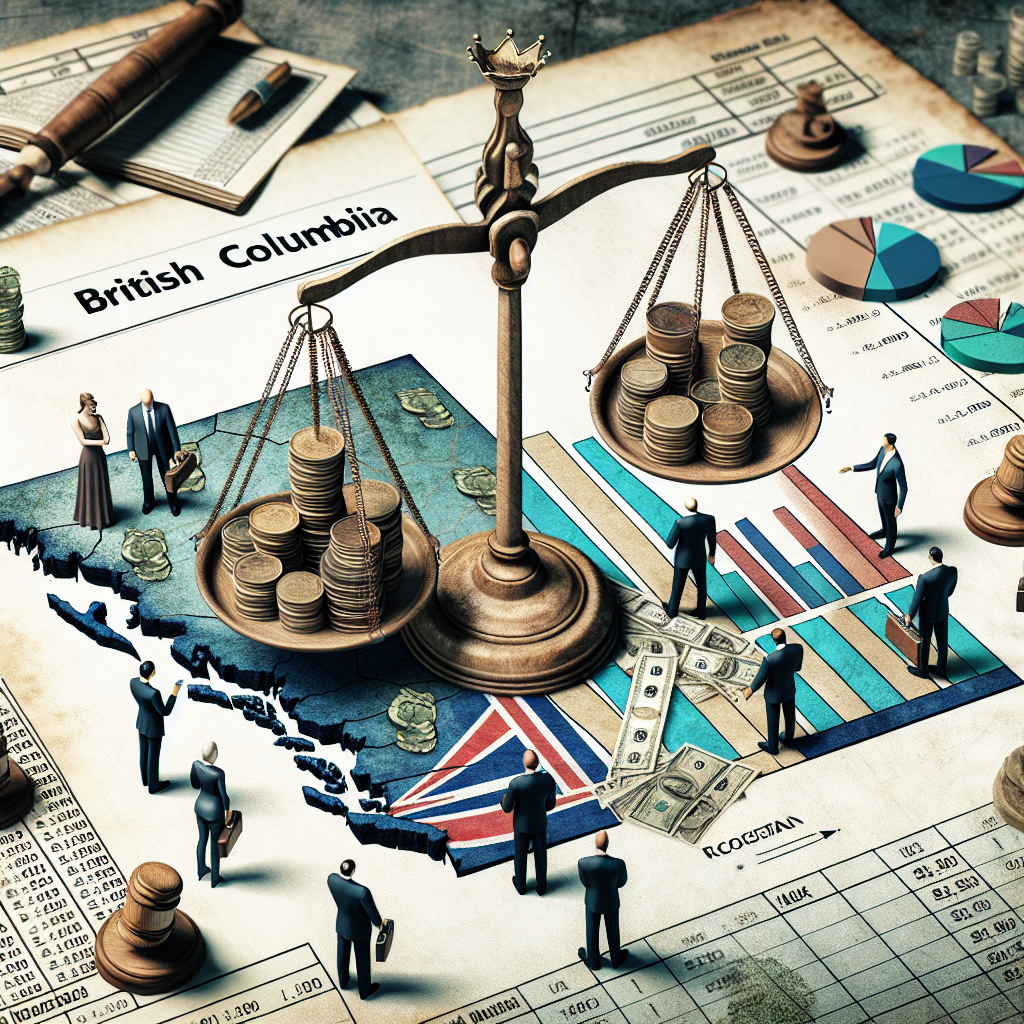So you’re a business owner in British Columbia and you’re wondering if you need to deal with the hassle of charging and remitting Provincial Sales Tax (PST). Well, the short answer is yes, you do. But don’t worry, it’s not as complicated as it sounds. In this article, we will break down the PST regulations in BC, explaining who needs to register for PST, how to calculate and remit the tax, and what goods and services are exempt from PST. By the end of this article, you’ll have a clear understanding of your responsibilities as a business owner in BC.
Understanding PST Regulations in British Columbia
Overview of British Columbia’s Provincial Sales Tax (PST)
British Columbia’s Provincial Sales Tax (PST) is a tax imposed on the purchase, consumption, or use of goods and services in the province. It is an indirect tax paid by consumers, but businesses are responsible for charging, collecting, and remitting the tax on behalf of the government. PST is separate from the Goods and Services Tax (GST) which is a federal tax.
Who needs to charge and remit PST in BC?
If you are engaged in selling taxable goods or services in British Columbia, you are generally required to charge and remit PST. This applies to both resident and non-resident businesses operating in the province. It is important to determine if your business activities fall within the scope of the PST regulations, as failing to comply can lead to penalties and legal consequences.

Registering for PST in BC
Before you can charge and collect PST, you must register your business with the BC Ministry of Finance. The registration process can be done online or using paper forms. You will need to provide information about your business, such as your business name, business number, contact information, and the nature of your business activities. Once registered, you will receive a PST number which you will use for all PST-related transactions.
PST Exemptions in BC
Not all goods and services are subject to PST in British Columbia. Certain items are exempt from the tax, including basic groceries, prescription drugs, and residential rent. It is important to familiarize yourself with the list of exemptions to ensure you are charging the correct amount of tax and not overburdening your customers. The list of exempt items can be found on the BC Ministry of Finance website.

PST Rates in BC
The PST rate in British Columbia is currently set at 7%. This means that when charging PST on a taxable product or service, you will multiply the selling price by 7% to determine the tax amount. For example, if you are selling a product for $100, you would charge an additional $7 as PST.
Calculating and Collecting PST
Calculating PST is relatively straightforward. As a business, you are responsible for determining if your product or service is subject to PST and applying the appropriate tax rate. When you make a sale, you will need to charge the customer the selling price plus the applicable PST amount. It is crucial to keep accurate records of all PST collected, as this information will be required when filing and remitting your taxes.
Filing and Remitting PST
Businesses in British Columbia are required to file and remit their PST on a regular basis, typically on a monthly or quarterly basis. The specific frequency will depend on the volume of sales and the nature of your business. When filing and remitting PST, you will need to report the total taxable sales, the amount of PST collected, and any applicable exemptions claimed. The BC Ministry of Finance provides detailed instructions on how to complete the PST return and make payments.
PST Audits and Penalties
The Ministry of Finance in British Columbia has the authority to conduct audits to ensure businesses are complying with PST regulations. Audits can be conducted randomly or in response to specific concerns or suspicions. It is important to maintain accurate records and keep them for at least six years, as this will help facilitate the audit process. Failing to comply with the PST regulations can result in penalties, fines, and even criminal charges in severe cases.
Interplay between PST and other Taxes
It is worth noting that PST is separate from other taxes such as the GST and corporate income tax. Each tax has its own rules and regulations, and businesses must comply with all applicable tax laws. It is recommended to consult with a tax professional or seek guidance from the BC Ministry of Finance if you are unsure about the interplay or specific requirements of different taxes.
PST Resources and Support in BC
The BC Ministry of Finance provides a wealth of resources and support for businesses in relation to PST. Their website offers guides, forms, and instructional videos to help businesses understand and comply with the PST regulations. Additionally, their helpline is available to answer any questions or provide assistance with PST-related matters. Utilizing these resources can help ensure your compliance with PST regulations and avoid potential penalties or legal issues.
In conclusion, understanding the PST regulations in British Columbia is crucial for businesses operating in the province. Charging and remitting PST correctly not only ensures compliance with the law but also helps maintain a good relationship with customers. By familiarizing yourself with the applicable exemptions, tax rates, and filing requirements, you can effectively navigate the PST system and contribute to the province’s tax revenue while avoiding unnecessary complications.

